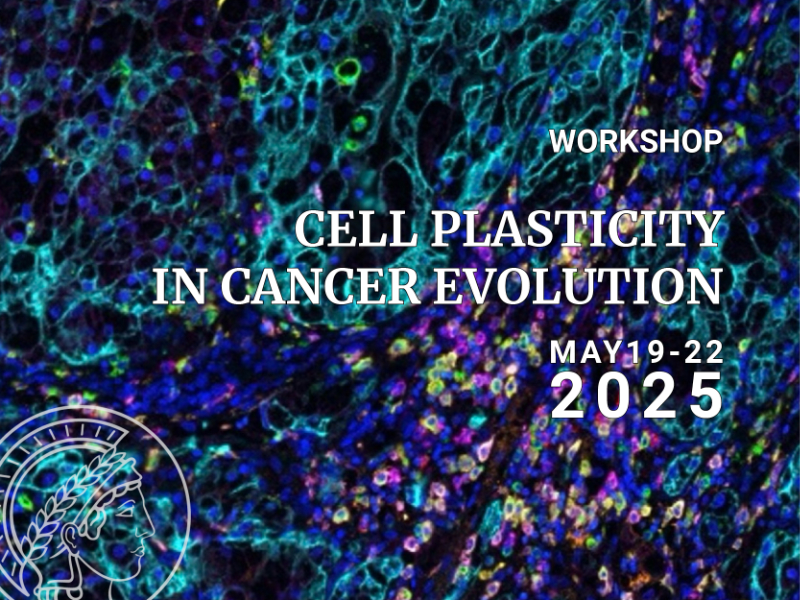Speaker
Description
Treatment resistance is a major obstacle in cancer treatment. While whole-genome sequencing revealed that single mutations are sometimes sufficient to explain resistance, recent studies demonstrate that more often resistance is a multi-factorial process including non-genetic mechanism. In particular, epigenetic and phenotypic changes that take place at higher frequencies than the acquisition of genetic aberrations are now known to contribute treatment resistance. Adaptive therapies try to overcome these resistance obstacles with adaptive drug dosing that exploits cell-cell competition and balances tumour burden with drug sensitivity. Yet, a systematic study of the impact of phenotypic plasticity is lacking. In this presentation, we analyse birth-death processes and their deterministic counterparts including cell-cell competition and phenotypic switching. We determine parameter ranges for which cancers go extinct or can be contained for infinite time. In case, neither extinction nor containment is possible, we investigate the time to progression. We find that if cell-cell competition is absent, parameter ranges for infinite containment are equivalent to those for extinction. Our results show how biases and convexity in phenotypic switching rates impact phenotype distributions and treatment outcomes. Eventually, we discuss how epigenetic and transcriptomic data can be used as proxies to determine phenotype distributions in patients, and how treatments that affect switching rates could be used to improve treatment outcomes.

